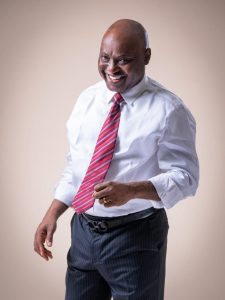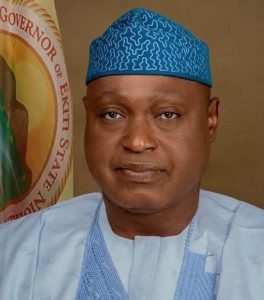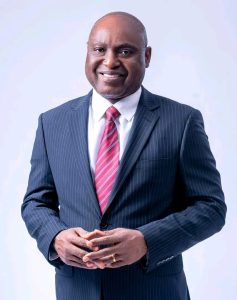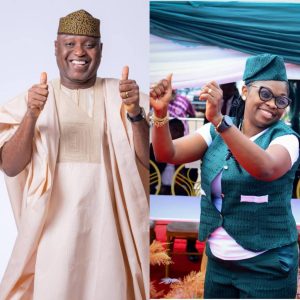Cameroon Votes as 92-Year-Old Paul Biya Seeks to Extend 43-Year Rule
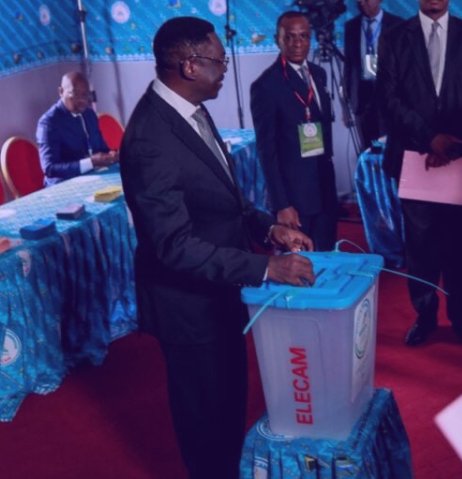
By Daniel Faith
Cameroonians went to the polls on Sunday in a tense presidential election that could either reaffirm President Paul Biya’s 43-year rule or signal a rare shift in one of Africa’s longest-standing political orders. The 92-year-old leader, the world’s oldest serving head of state, is widely expected to secure another term despite growing calls for change from a restless, youthful population.
Polling stations opened at 8:00 a.m. local time and are scheduled to close by 6:00 p.m. (0700–1700 GMT). More than eight million registered voters are eligible to cast their ballots in the one-round poll, which will determine whether Biya continues to lead the Central African nation for another seven years.
Biya Faces 11 Challengers Amid Rising Discontent
Biya is facing 11 opponents, including his former employment minister, Issa Tchiroma Bakary, 79, who has stirred unexpected enthusiasm, particularly among younger voters in the north.
Half of Cameroon’s population is under 20, and many have known no other leader since Biya took power in 1982, succeeding Ahmadou Ahidjo.
Despite facing criticism over his long tenure, Biya remains a formidable political force. He has won every election since 2004 with more than 70 percent of the vote, though opposition groups and observers have frequently raised concerns about transparency.
“The System Has the Means to Win”
“We shouldn’t be naive. We know full well the ruling system has ample means at its disposal to get results in its favour,” said Stephane Akoa, a Cameroonian political scientist, in an interview with AFP.
However, Akoa noted that this year’s campaign has been “much livelier” than in previous elections, suggesting that the poll could “throw up surprises.”
Biya, known for his reclusive leadership style, made a rare public appearance on Tuesday—his first since May—when he held a rally in Maroua, the capital of the Far North Region. The area, with 1.2 million registered voters, is traditionally a Biya stronghold but now hosts several opposition contenders, including Bakary, who hails from the region.
Bakary Draws Crowds, Promises ‘New Dawn’
Bakary, who resigned from Biya’s government in June after two decades of service, has emerged as the leading opposition figure following the exclusion of Maurice Kamto, Biya’s main rival in the 2018 presidential election.
Kamto was barred from contesting by the Constitutional Council, a move condemned by Human Rights Watch and other observers who said it undermined the credibility of the electoral process.
In contrast to Biya’s modest turnout in Maroua, Bakary drew thousands of cheering supporters, waving placards proclaiming “Tchiroma the Saviour” as he campaigned across the north.
Youth Frustration and Cautious Optimism
Despite Cameroon’s vast natural and agricultural resources, nearly 40 percent of the population lives below the poverty line, according to World Bank 2024 data. Urban unemployment is estimated at 35 percent, leaving millions of young people without jobs or prospects.
“Young people want change,” Akoa said, “but not yet to the point where they will risk taking to the streets.”
He added that while there is a “positive sign of change,” it may not be enough to trigger widespread protests similar to those seen in Tunisia, Madagascar, or Sudan.
Calls for Reform and Economic Renewal
Across the country, many voters complain about the high cost of living, persistent water shortages, inadequate healthcare, and declining education standards.
Yet, despite widespread frustration, most dissent remains confined to social media, where political debate is vibrant but rarely spills onto the streets.
Opposition candidates have seized on these grievances, promising a new direction for the country and urging voters to “seize this opportunity for change.”
Observers on Ground as Government Warns Against Parallel Results
The government has authorised 55,000 local and international observers, including a delegation from the African Union, to monitor the vote. The Constitutional Council has until October 26 to declare official results.
Authorities have also cautioned online platforms and civic groups planning to publish parallel vote counts, accusing them of attempting to “influence public opinion” ahead of the official announcement.
Tense Vote Amid Anglophone Conflict
The election is taking place under the shadow of an ongoing separatist conflict in Cameroon’s English-speaking regions, which has persisted since 2016.
Turnout is expected to be low in those areas, where fighting between government forces and armed separatists has displaced thousands and disrupted public life.



